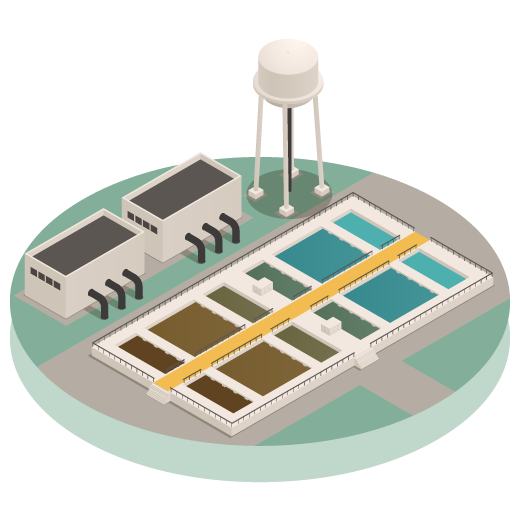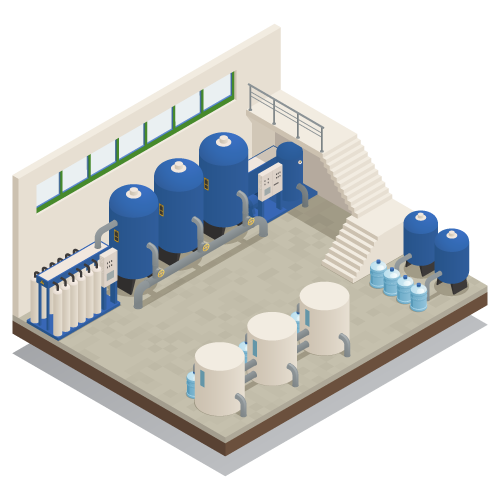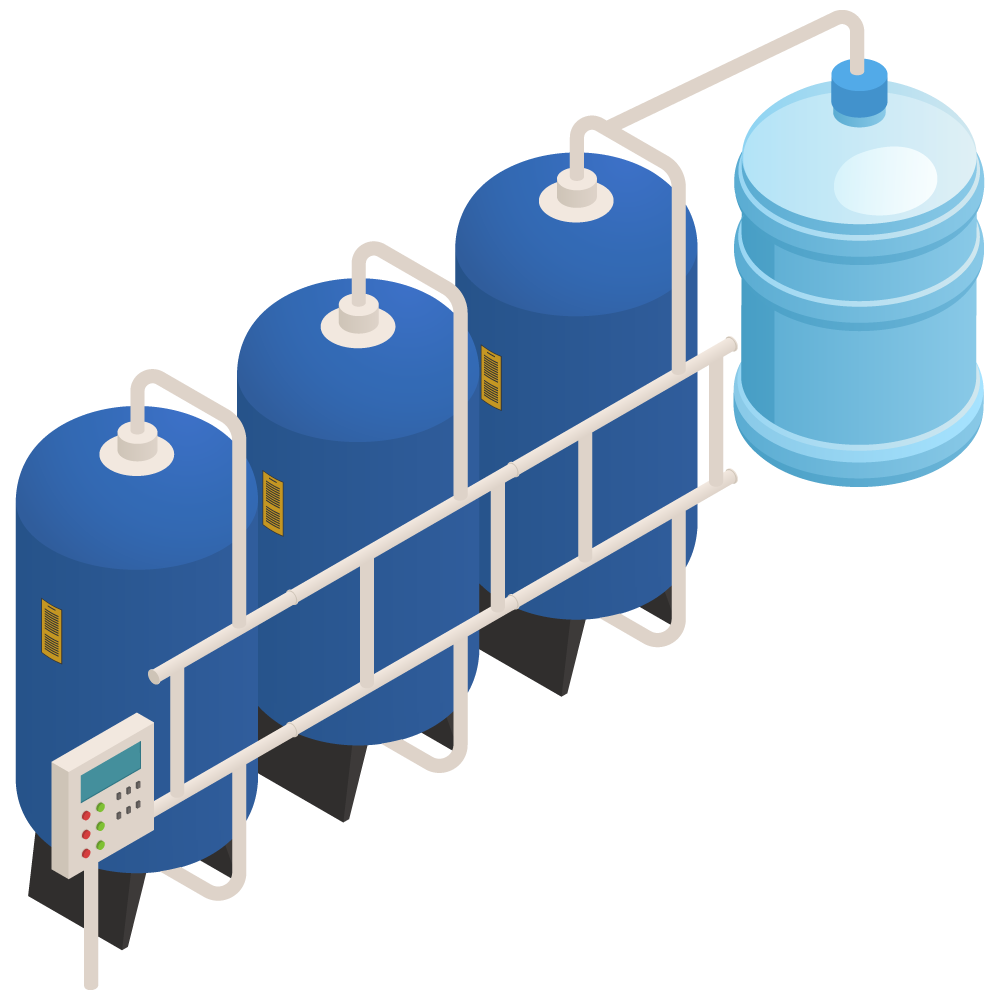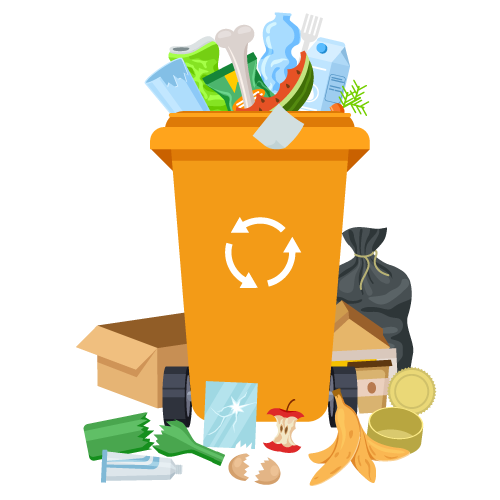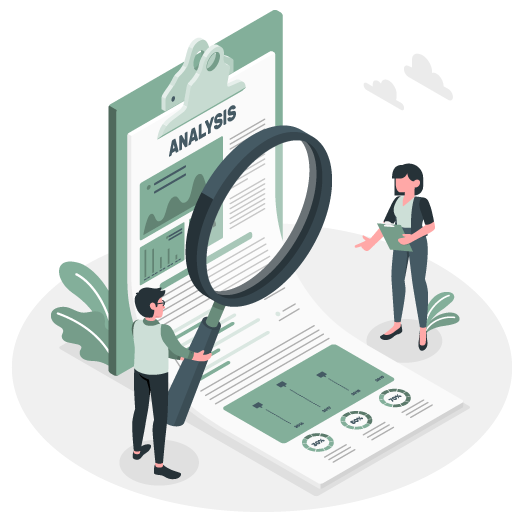
Nov 20 / Oct 21
The objective is to identify the main barriers and opportunities for the recovery of urban organic waste (bio-waste and sludge) in the SUDOE space. To do this, the following activities will be carried out:
- Economic and environmental assessment of the current urban organic waste management systems.
- Identification of legal barriers for the recovery of sludge and urban bio-waste.
- Assessment of the influence of pre-treatment tests on the physical and chemical properties of the waste.
- Development and validation of a methodology for determining the production potential of VFAs from organic substrates.

